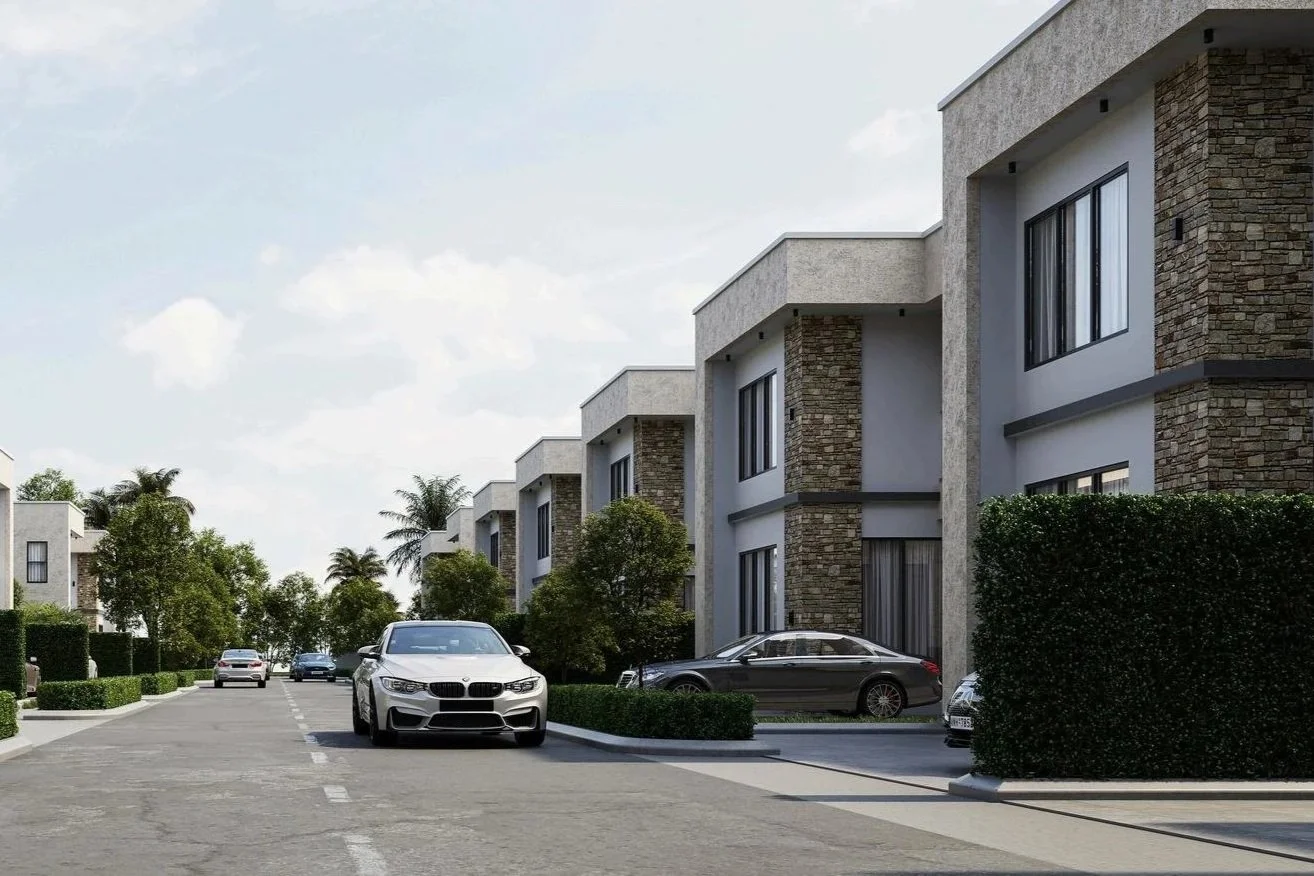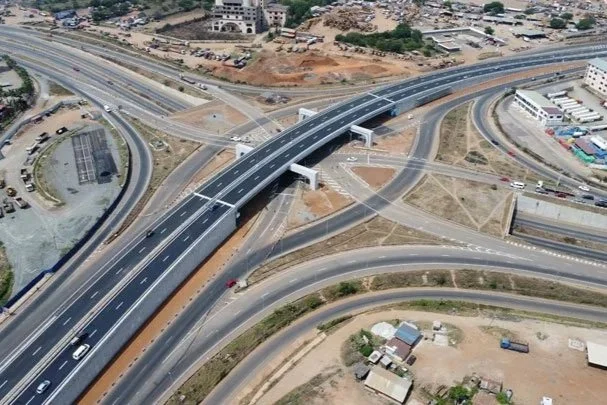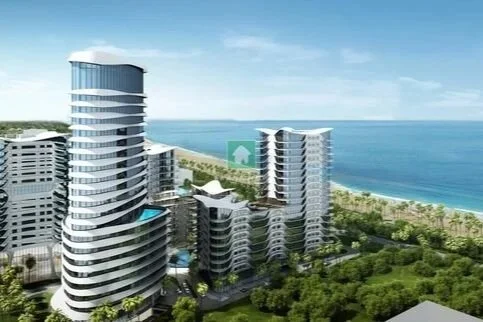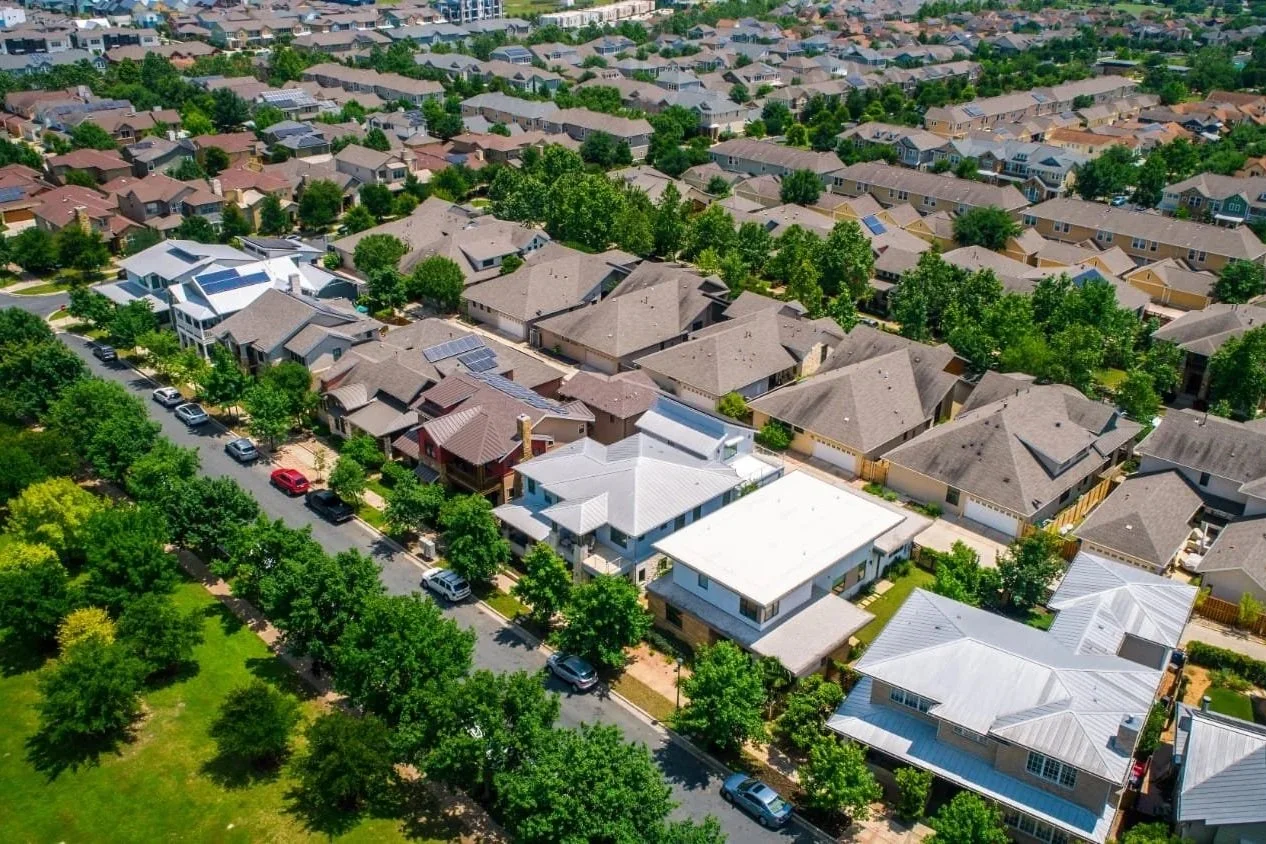Real Estate in Ghana: Accra at the Centre of Africa’s Urban Growth Corridors
Ghana is fast becoming one of Africa’s most attractive real estate markets. With Accra leading the way, a mix of population growth, infrastructure investment, and rising diaspora interest is reshaping the urban landscape.
Ghana’s Real Estate Momentum Is Building
Ghana stands out for its political stability, economic reforms, and youthful population. As more Ghanaians move into cities, demand is rising for modern housing, commercial space, and planned communities.
Key drivers include:
Rapid urbanisation in cities like Accra, Kumasi, Takoradi, and Cape Coast
Infrastructure improvements connecting residential, commercial, and industrial zones
Diaspora capital flowing into property, driven by heritage, returns, and long-term security
Policy reform, including land digitisation and improved planning regulations
Accra: A Capital City at the Heart of Real Estate Growth
As Ghana’s largest and most developed city, Accra is a natural hub for real estate activity. Its expanding population, improving infrastructure, and reliable property laws make it a prime choice for both first-time and seasoned investors.
Why Accra?
Projected to exceed 5 million residents by 2030
Major infrastructure upgrades such as the Pokuase Interchange and Tema Motorway expansion
Strong legal framework supporting property ownership and transfer
Consistent rental demand, especially in short-let and serviced housing
High-Potential Investment Zones in Accra
Airport Residential
Luxury apartments and short-let units with strong yields from business travellers and diaspora
East Legon
Fast-growing mid-to-high income area, attracting returnees and professionals
Cantonments
Diplomatic area with long-term rental stability and high demand
Spintex & Tema
Growth corridors linked to logistics, warehousing, and mid-income housing
Diaspora Demand Is Shaping the Market
The success of initiatives like the “Year of Return” has sparked sustained interest from Ghanaians abroad. Many are purchasing:
• Mid-rise residential buildings
• Serviced apartments for short-let income
• Plots for long-term development or retirement planning
Returns of 10–15% per year in key zones are attracting not just sentimental buyers but financially-driven ones as well. Platforms that offer verified title checks and professional property management are making remote investing more accessible.
Ghana Beyond Accra
While Accra leads in scale and liquidity, other cities are seeing momentum:
• Kumasi: Commercial centre with growing retail and residential needs
• Takoradi: Oil and gas activity driving mixed-use projects
• Cape Coast: Coastal heritage and eco-tourism supporting leisure and residential investment
These cities offer lower entry costs and future upside for patient capital.
Regional Context: Ghana Within Africa’s Growth Corridors
Accra’s trajectory mirrors broader trends in African real estate:
Lagos (Nigeria): Major demand in Ikoyi, Lekki, and Victoria Island
Nairobi (Kenya): Smart-city developments like Tatu City and demand in Upper Hill
Kigali (Rwanda): Government-led masterplans driving modern, efficient urban expansion
What Investors Should Consider
01. Land Title
Verify ownership and usage classification through official channels
02. Neighbourhood Fit
Match investment type to location (e.g. short-let near Airport, family homes in suburbs)
03. Regulatory Process
Understand zoning laws, building permits, and local tax structures
04. Local Partnerships
Work with experienced project managers, surveyors, and legal teams
Ghana’s real estate sector is expanding, and Accra is leading that growth. For investors seeking long-term value, consistent rental income, and meaningful ties to the continent’s future, Ghana offers both opportunity and stability.
To explore how you can participate in Ghana’s real estate market, across Accra and beyond, get in touch with JA Group.








